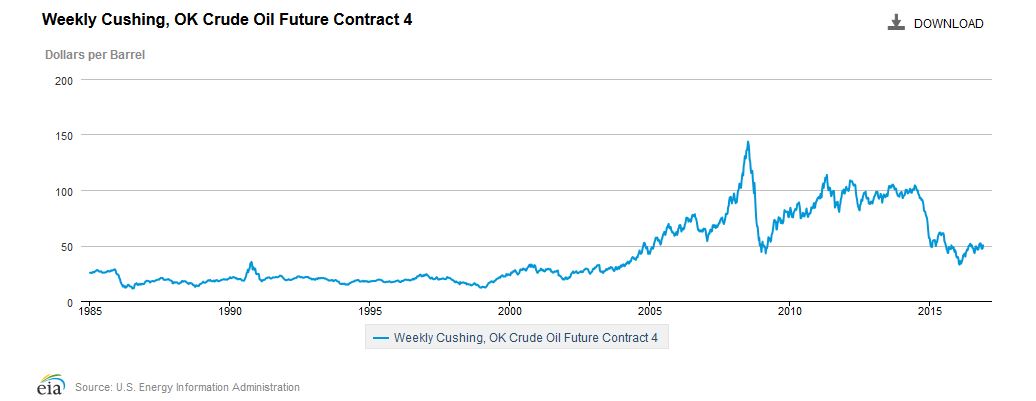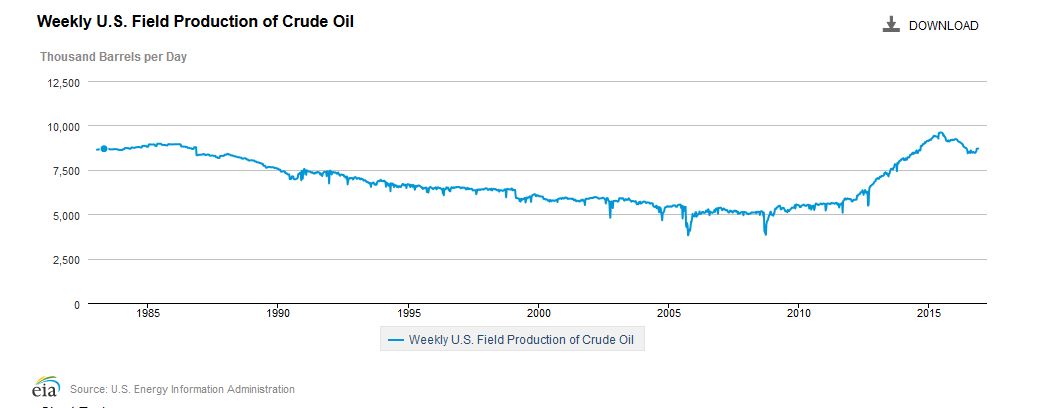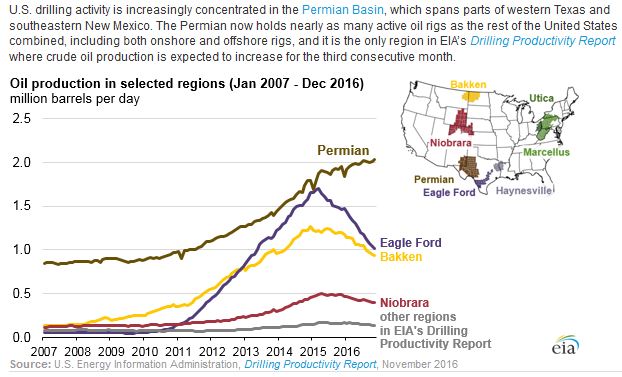The article below appeared in the latest newsletter of the Texas Land and Mineral Owners Association. It reviews the Texas Railroad Commission’s recent amendment of its Rule 15, dealing with dormant oil and gas wells. Thanks to TLMA and the author, Trey Scott, for giving me permission to publish his article. TLMA submitted comments on the proposed rule, arguing that the proposed amendments should not be adopted. Abandoned wells are a huge problem for Texas landowners and the public at large. Landowners should consider addressing the problem in their oil and gas leases, since the RRC has failed to do so.
RAILROAD COMMISSION ADOPTS RULE CHANGES AFFECTING
INACTIVE WELLS
As part of Railroad Commissioner Christi Craddick’s Texas Oilfield Relief Initiative, the Railroad Commission has adopted two proposed rulemakings to ease the administrative burden on oil-and-gas companies. The Commissioners amended Statewide Rule §3.15 (“Rule 15”) to relax the production requirements to return a well in active status, and the changes to Statewide Rule §3.28 will minimize the frequency of deliverability testing requirements for gas wells. Continue reading →







